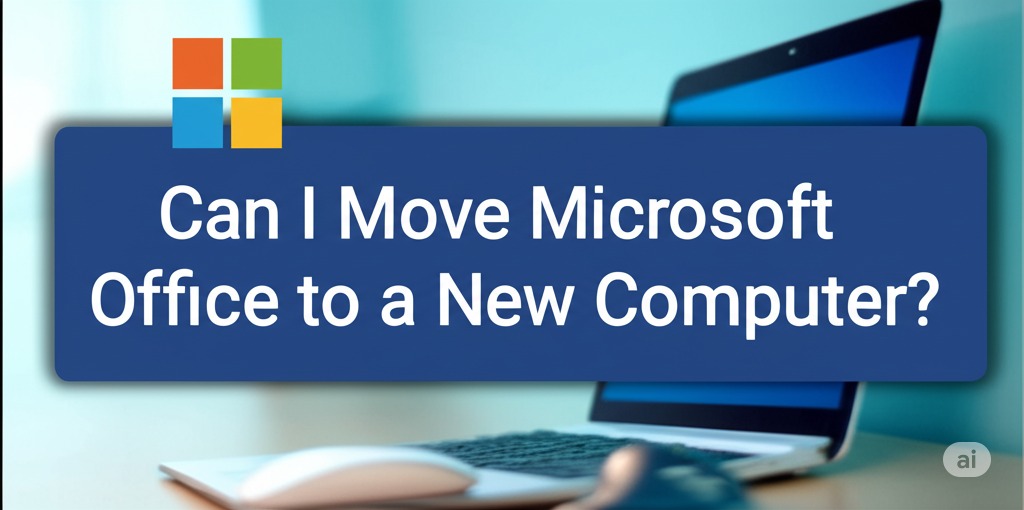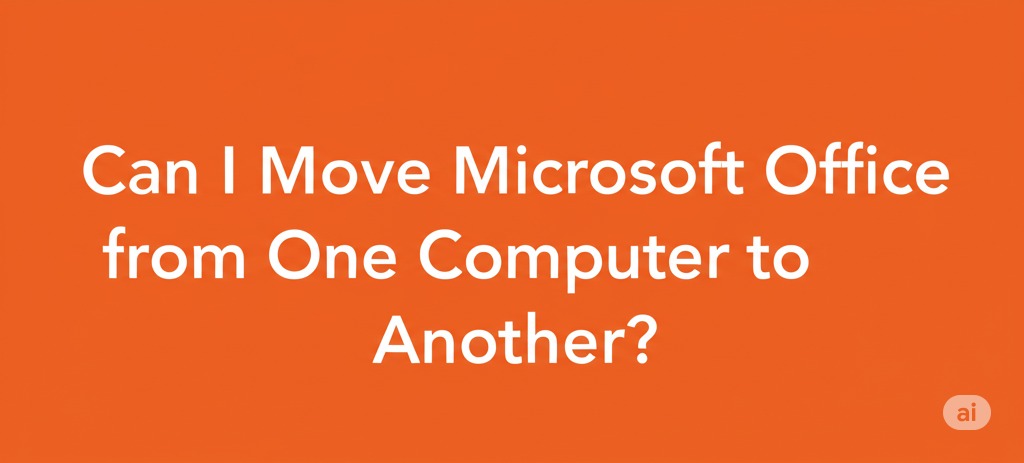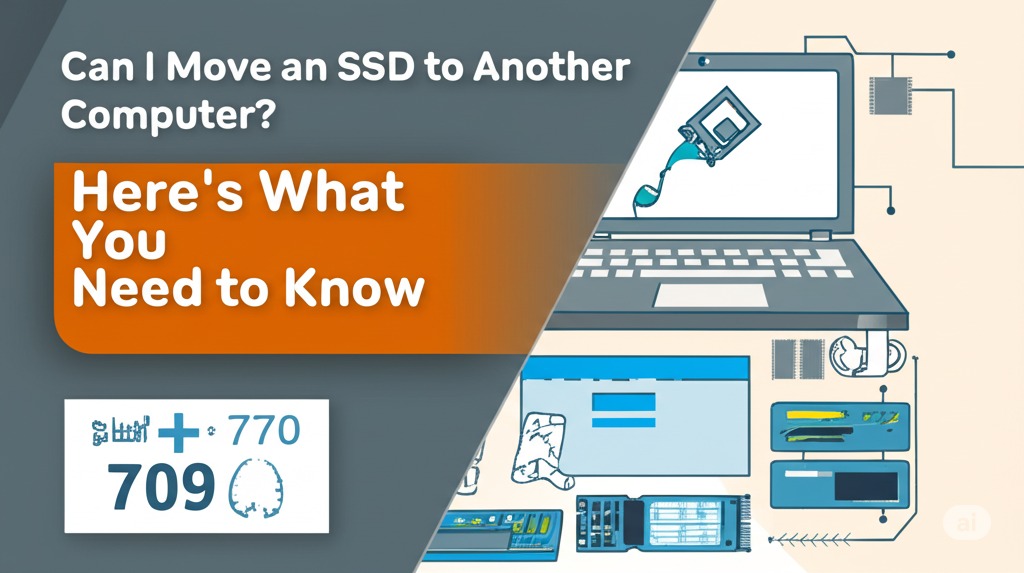Introduction
In today’s digital age, smartphones have become an integral part of our lives. From browsing the internet and sending emails to running complex applications, modern phones perform tasks that were once exclusive to traditional computers. But does that mean phones are computers? This article delves into the similarities and differences between phones and computers, exploring how technology has evolved and what this means for users.
What Defines a Computer?
To determine whether phones are computers, it’s essential to understand what defines a computer. Generally, a computer is an electronic device that:
- Processes data using a central processing unit (CPU)
- Stores information in memory and storage
- Executes software applications
- Connects to networks for communication
By this definition, smartphones indeed fit the criteria of a computer, but how do they compare to traditional PCs and laptops?
Key Similarities Between Phones and Computers
1. Processing Power and Hardware
Modern smartphones are equipped with powerful processors, often featuring multi-core CPUs and advanced GPUs that rival some laptops. With chipsets like Apple’s A-series and Qualcomm’s Snapdragon, phones can efficiently handle gaming, video editing, and AI-based applications.
2. Operating Systems and Software
Just like computers, smartphones run on operating systems (OS) such as Android and iOS, which function similarly to Windows, macOS, or Linux. These OSs allow users to install applications, manage files, and interact with graphical interfaces.
3. Internet Connectivity and Networking
Both computers and phones use Wi-Fi, mobile networks, and Bluetooth for connectivity. Whether browsing websites, streaming content, or using cloud services, smartphones operate much like traditional computers.
4. Data Storage and Cloud Integration
Smartphones now come with significant internal storage and cloud integration, similar to laptops and desktops. Cloud services like Google Drive, iCloud, and OneDrive enable seamless access to data across devices.
Key Differences Between Phones and Computers
1. Form Factor and Input Methods
One of the most obvious differences is size. Phones are designed for portability, featuring touchscreens instead of keyboards and mice, which changes how users interact with them.
2. Performance Limitations
While smartphones are powerful, they are still limited by battery life, thermal constraints, and smaller hardware components, making them less capable than high-end desktop computers in tasks like video rendering or running complex simulations.
3. Customization and Upgradability
Desktops and laptops allow users to upgrade components like RAM, storage, and graphics cards. In contrast, smartphones have fixed hardware, with limited upgrade options apart from storage expansion via microSD cards.
4. Multitasking Capabilities
Although modern smartphones support multitasking, their ability to run multiple heavy applications simultaneously is often restricted compared to full-fledged computers with larger memory and processing power.
Are Phones Replacing Computers?
The rise of mobile technology has significantly reduced the need for traditional computers for everyday tasks such as communication, social media, online shopping, and casual web browsing. However, industries like software development, video production, and scientific research still rely heavily on desktops and laptops for their superior processing capabilities.
Conclusion: The Future of Phones and Computers
While smartphones are undoubtedly a type of computer, they are designed with different priorities, focusing on mobility and convenience over raw power and customization. As technology advances, we may see an even greater convergence between the two, with devices like foldable phones and hybrid laptops bridging the gap.
Whether you need a smartphone or a computer depends on your specific needs. For portability and everyday tasks, a smartphone suffices, but for heavy-duty work, a traditional computer remains indispensable.
What do you think? Will smartphones eventually replace computers? Share your thoughts in the comments!

Caleb Carlson is a contributing writer at Computer Site Engineering, specializing in computer technology, software trends, and hardware innovations. His articles simplify complex tech topics, making them accessible to readers of all levels.





